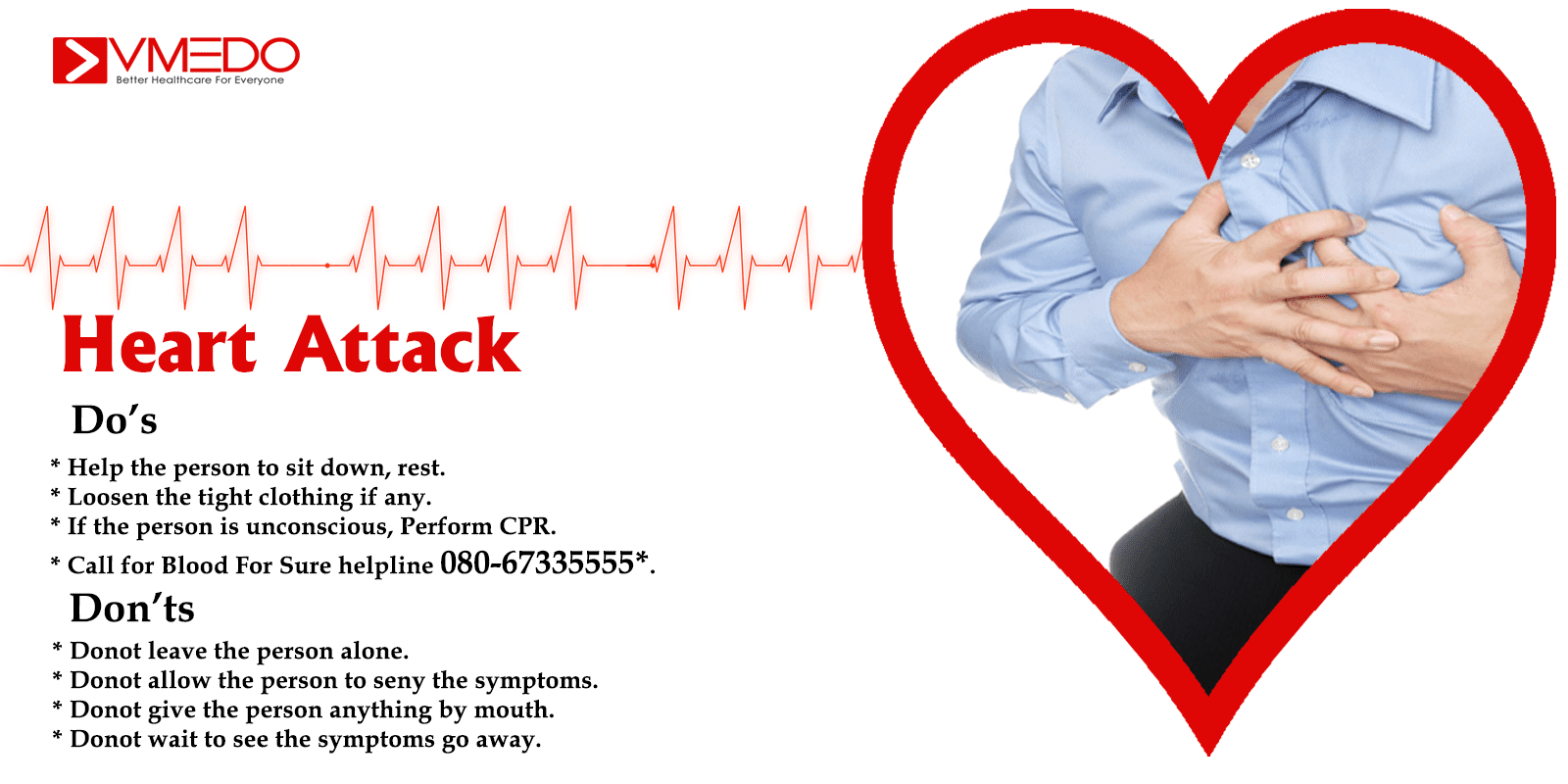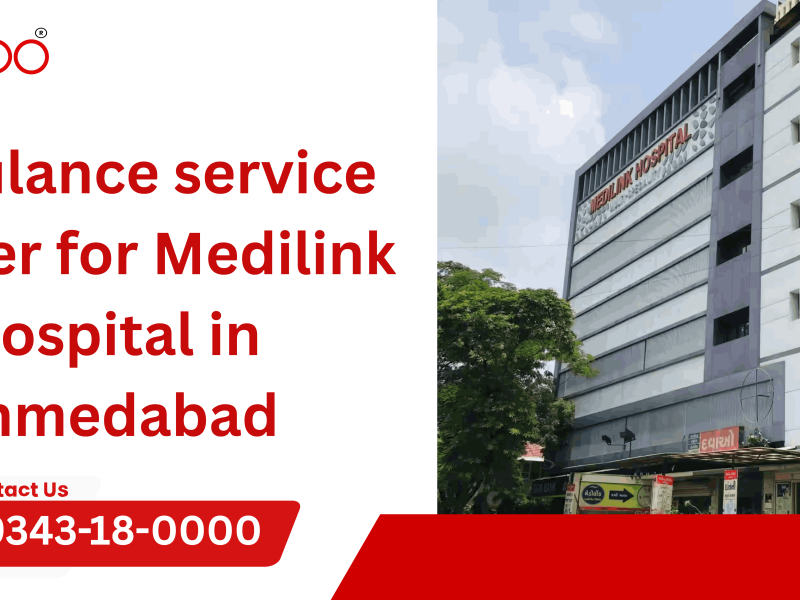First Aid for Heart attack
If someone had a heart attack ……
• Help the person to sit down, rest, and try to keep calm.
• Loosen the tight clothing if any.
• Ask if the person takes any heart-related medication, for a known heart condition, and help them to take it.
• If the pain does not go away within 3 minutes of taking medication, call for emergency medical help.
• If the person is unconscious & unresponsive, call for your local emergency number, then begin CPR.
• If an infant is unconscious, unresponsive, perform 1 minute of CPR, then call for the local Emergency medical help.
Also Read: Importance of First Aid
Frequently Asking Questions
1) What is a heart attack?
The heart attack occurs when the flow of oxygen-rich blood to a section of heart suddenly becomes blocked and the heart can’t get enough oxygen. If blood flow can’t restore quickly, the section of heart muscle begins to die & lose its function permanently.
2) How Can I tell if someone having the heart attack?
• Shortness of breath.
• Feeling queasy or throwing up.
• Breaking out in a cold sweat.
• Pain in your back, shoulders, arms, neck or jaw.
• Feelings of dread or doom.
• Dizziness or passing out.
• Weakness or feeling unusually tired.
• Have an irregular heartbeat or frequently skipped beats.
• Nausea (feeling sick to the stomach) and vomiting.
• Diarrhea is seen in elderly patients.
• Have a blurred vision.
• Have muscle cramps.
• Breathing problems
3) What should I do if a person has medication?
Ask if the person takes any heart-related medication, for a known heart condition, and help them to take it.
If the pain does not go away within 3 minutes of taking medication, call for emergency medical help.
4) What not to do during Heart Attack?
Do NOT leave the person alone.
Do NOT allow the person to deny the symptoms. Call for the immediate medical Emergency.
Do NOT give the person anything by mouth unless medication that has been prescribed.
Do NOT wait to see if the symptoms go away.
Causes of Heart Attack:
• Age
• An angina-an illness where not enough oxygen level is reaching the patient’s heart.
• Diet & Blood cholesterol levels
• Diabetes
• Genes
• Heart-related surgery
• Hypertension (high blood pressure)
• Overweight & obesity.
• Smoking
• Physical inactivity
• Work stress
Symptoms:
• A type of chest discomfort or pressure, such as squeezing or achiness.
• Shortness of breath.
• Feeling queasy or throwing up.
• Feelings of dread or doom.
• Breaking out in a cold sweat.
• Pain in your back, shoulders, arms, neck or jaw.
• Have an irregular heartbeat or frequently skipped beats
• Nausea (feeling sick to the stomach) and vomiting
• Have blurred vision
• Break out in a sweat that’s unusual for you
Precautions:
• Quit smoking. Smoking is one of the major cause of heart attack. Work with your doctor (health consultant) to develop a plan to quit. Avoid exposure to second-hand smoke.
• Maintain a healthy weight & diet. Obesity and overweight are major risk factors for many diseases, including heart attack.
• Exercise for 30 minutes daily.
• Maintain a heart-healthy diet. Limit saturated foods, red meat, and sugars. Increase your intake including chicken, fish, fresh fruits and vegetables, and whole grains. Your family doctor can help you tailor a diet specific to your needs & health.
• Limit the amount of alcohol you drink. Single drink a day can reduce the rate of heart attacks, but more than two drinks a day can damage the heart and cause other medical problems.
For any medical emergency including Ambulance, blood requirement call for VMEDO helpline 093431 80000.
If you are looking for first aid, CPR, AED, and Basic Life Support training program Click here and Register.



